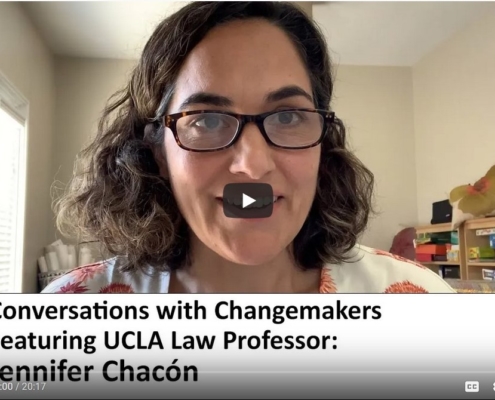
LA Social Science Presents “Conversations with Changemakers” Featuring UCLA Law Professor Jennifer Chacón
UCLA Law Professor, NYTimes op-ed author, and Latino Policy…

Any Plans for the Summer? Enroll TODAY in an Online UCLA Summer Course
Have you always wanted to take a course in the social sciences?
Did…
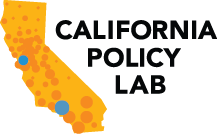
California Policy Lab Releases Brief on California Unemployment Insurance Claims During Pandemic
The California Policy Lab (CPL), in partnership with the…
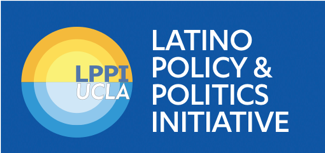
UCLA LPPI Brief Finds L.A. Black & Latino Neighborhoods Lack Resources During Safer-at-Home Order
On May 19, 2020, UCLA's Latino Policy and Politics Initiative,…
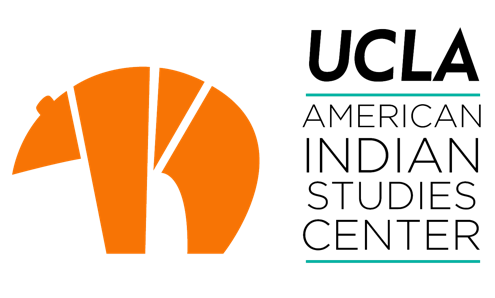
UCLA Project Tracks COVID-19 Case Rate by Tribal Nation
As many states begin to reopen after the coronavirus shutdown,…
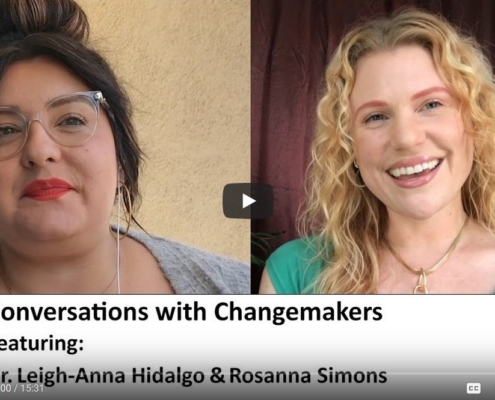
LA Social Science Presents “Conversations with Changemakers” Featuring Dr. Leigh-Anna Hidalgo & Rosanna Simons (VID)
The grassroots organization People for People (Gente por…

UCLA Report Reveals Economic Uncertainty for Latino Neighborhoods During Pandemic
UCLA's Latino Policy and Politics Initiative (LPPI) in partnership…
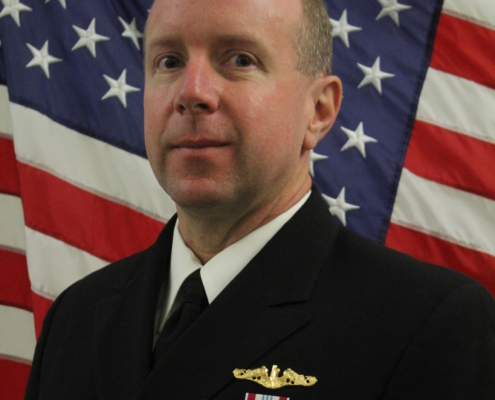
LA Social Science Story: Interview with UCLA Alum and Naval Science Vice Chair CDR Robert Hill
By Dr. Celia Lacayo, Associate Director of Community Engagement,…
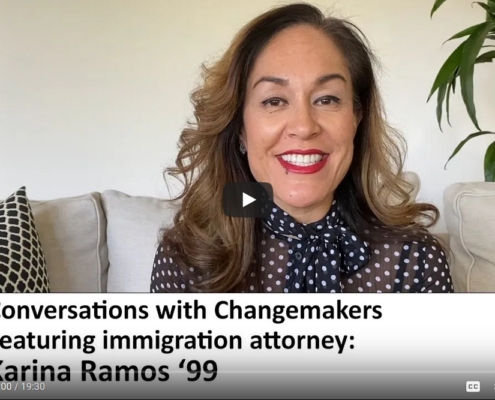
LA Social Science Presents “Conversations with Changemakers” Featuring UCLA Alum Karina Ramos (Video)
UCLA alum Karina Ramos ('99) an attorney at Immigrant Defenders…
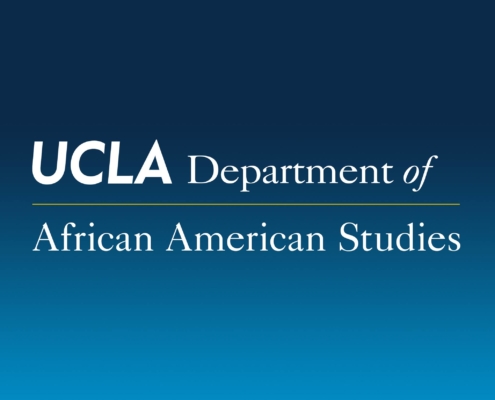
LA Social Science Summer Course Previews: African American Studies Courses in 2020
As summer 2020 approaches, LA Social Science will be highlighting…

